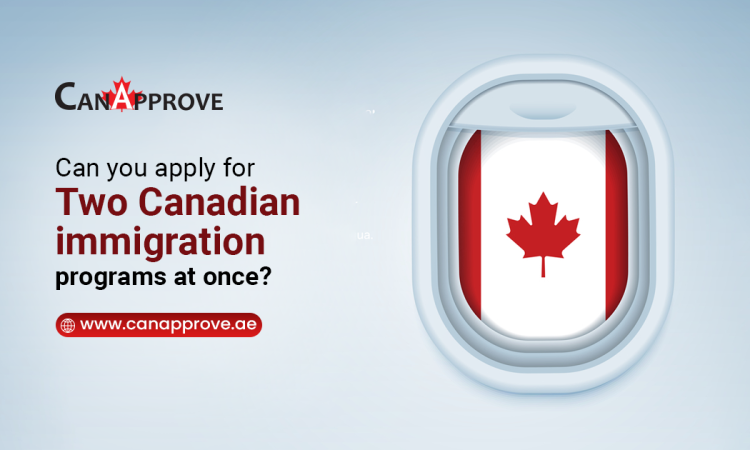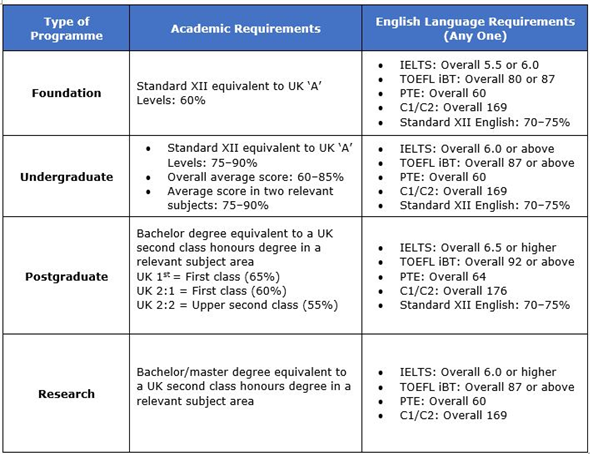Expert commentaries and news from Australia continue to note the policies tilting towards economic-class immigration to support major skills gaps among local businesses.
In 2020–21, the Australian immigration program outcome delivered 160,052 places – up 14.0 percent from the 140,366 places in 2019–20. About 50% (79,620 places) came from the Skill streams.
Skilled visa to Australia requirements is based on points secured against various human capital factors like age, education, language proficiency, work experience, and more.
Top Australian Immigration Trends Favoring Moving to Australia in 2023
We are seeing complementary and interesting recent Australian immigration trends that will reaffirm your decision to move to Australia soon. Here’s us presenting the top three immigration trends that also promise to boost permanent residency chances in Australia.
-
Permanent residency in Australia intakes increased to 195,000 places
The Australian government added another 35,000 places to the previous permanent residency in Australia’s annual intake targets in a bid to address the growing skills & labor shortage in the country.
The government has increased places in almost all Australian visa subclasses, making pathways for permanent residency in Australia accessible to many.
These targets will be valid for the year ending June 30, 2023. However, experts believe that Australia continue with similar or more targets in near future.
-
Australia posts 480,100 job vacancies in May 2022
Australia noted about 480,100 job vacancies as of May 2022. This is nearly a 100 percent increase from February 2020. Australia is currently facing skill shortages in different industries like Manufacturing, Retail, Tourism, Tech industry & Healthcare.
Business Councils in Australia have even proposed to increase the Australian migration annual intake to over 220,000 places. Experts view this as an increase in the migrant cap that will most likely benefit these industries.
-
Australian census data for 2021 shows more dependency of tech & healthcare industries on immigration
The new 2021 Australia Census data shows Migration to Australia is helping close the skills gap in the tech workforce.
Nealy two-thirds of Software and Applications Programmers were born overseas. Software and Applications Programmers are the third most common occupation for recent overseas arrivals, with 24,000 arriving since 2016.
Additionally, the health and community services workforce grew by 50 percent in the previous decade to August 2021 – almost 600,000 extra employees.
Interestingly, more than four in 10 nurses and carers were born overseas.
-
Higher female representation in ICT jobs
One in five ICT Professionals and ICT Managers is female. This is great news for immigrant females from Asian countries who aspire to take up high-paying careers.
Interestingly, one in three ICT Managers and ICT Business and Systems Analysts in Australia are female workers who are under the age of 30.
-
Unrestricted entry to Australia open since July 06, 2022
Australia was the only country that had implemented the strictest border restrictions following the onset of the pandemic in 2020. But from July 06, the nation removed all of its mandatory rules such as proof of vaccination or negative test report to enter.
The unrestricted border entry to Australia comes at a crucial time when the county is expecting to expedite Australian student visa processing times & other skilled worker programs. This will also address the visa backlog issue which is currently slowing down the country’s foreign skilled worker intake.
-
Boosting international student intake
Following policy changes will facilitate more international student intake in 2023
- Subclass 485 visa applications in the Graduate Work stream will no longer require nominating a skilled occupation and obtaining an assessment.
- Job Ready Program (JRP) for international students will move from a four-step to a three-step program. This will save time and money for many international students.
Take this free assessment online to make the most out of recent Australian immigration trends.
Plan your Australian Immigration with CanApprove
If you’re looking to improve your chances of immigration, we recommend getting in touch with a certified immigration consultant.
CanApprove is a certified consultant for Canadian and Australian immigration services and overseas education counseling. With a rich experience of 20+ years in the industry, CanApprove has had major successes in fulfilling the dreams of thousands of migrating abroad!
Here, you can determine your eligibility and explore various options for skilled migration to Australia depending on your work experience and academic profile.
Subscribe our Youtube Channel for more Immigration and Overseas Education updates.
You can book a free appointment with CanApprove and consult an expert before deciding on your Australian visa application.












